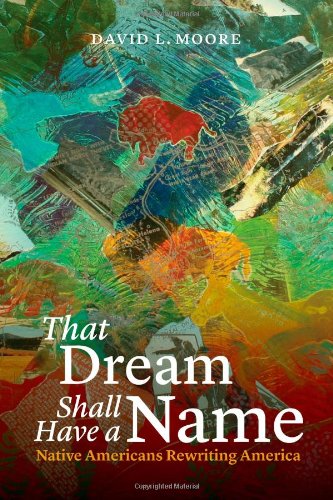

Most ebook files are in PDF format, so you can easily read them using various software such as Foxit Reader or directly on the Google Chrome browser.
Some ebook files are released by publishers in other formats such as .awz, .mobi, .epub, .fb2, etc. You may need to install specific software to read these formats on mobile/PC, such as Calibre.
Please read the tutorial at this link: https://ebookbell.com/faq
We offer FREE conversion to the popular formats you request; however, this may take some time. Therefore, right after payment, please email us, and we will try to provide the service as quickly as possible.
For some exceptional file formats or broken links (if any), please refrain from opening any disputes. Instead, email us first, and we will try to assist within a maximum of 6 hours.
EbookBell Team

4.3
68 reviewsThe founding idea of “America” has been based largely on the expected sweeping away of Native Americans to make room for EuroAmericans and their cultures. In this authoritative study, David L. Moore examines the works of five well-known Native American writers and their efforts, beginning in the colonial period, to redefine an “America” and “American identity” that includes Native Americans.
That Dream Shall Have a Name focuses on the writing of Pequot Methodist minister William Apess in the 1830s; on Northern Paiute activist Sarah Winnemucca in the 1880s; on Salish/Métis novelist, historian, and activist D’Arcy McNickle in the 1930s; and on Laguna poet and novelist Leslie Marmon Silko and on Spokane poet, novelist, humorist, and filmmaker Sherman Alexie, both in the latter twentieth and early twenty-first centuries.
Moore studies these five writers’ stories about the conflicted topics of sovereignty, community, identity, and authenticity—always tinged with irony and often with humor. He shows how Native Americans have tried from the beginning to shape an American narrative closer to its own ideals, one that does not include the death and destruction of their peoples. This compelling work offers keen insights into the relationships between Native and American identity and politics in a way that is both accessible to newcomers and compelling to those already familiar with these fields of study.